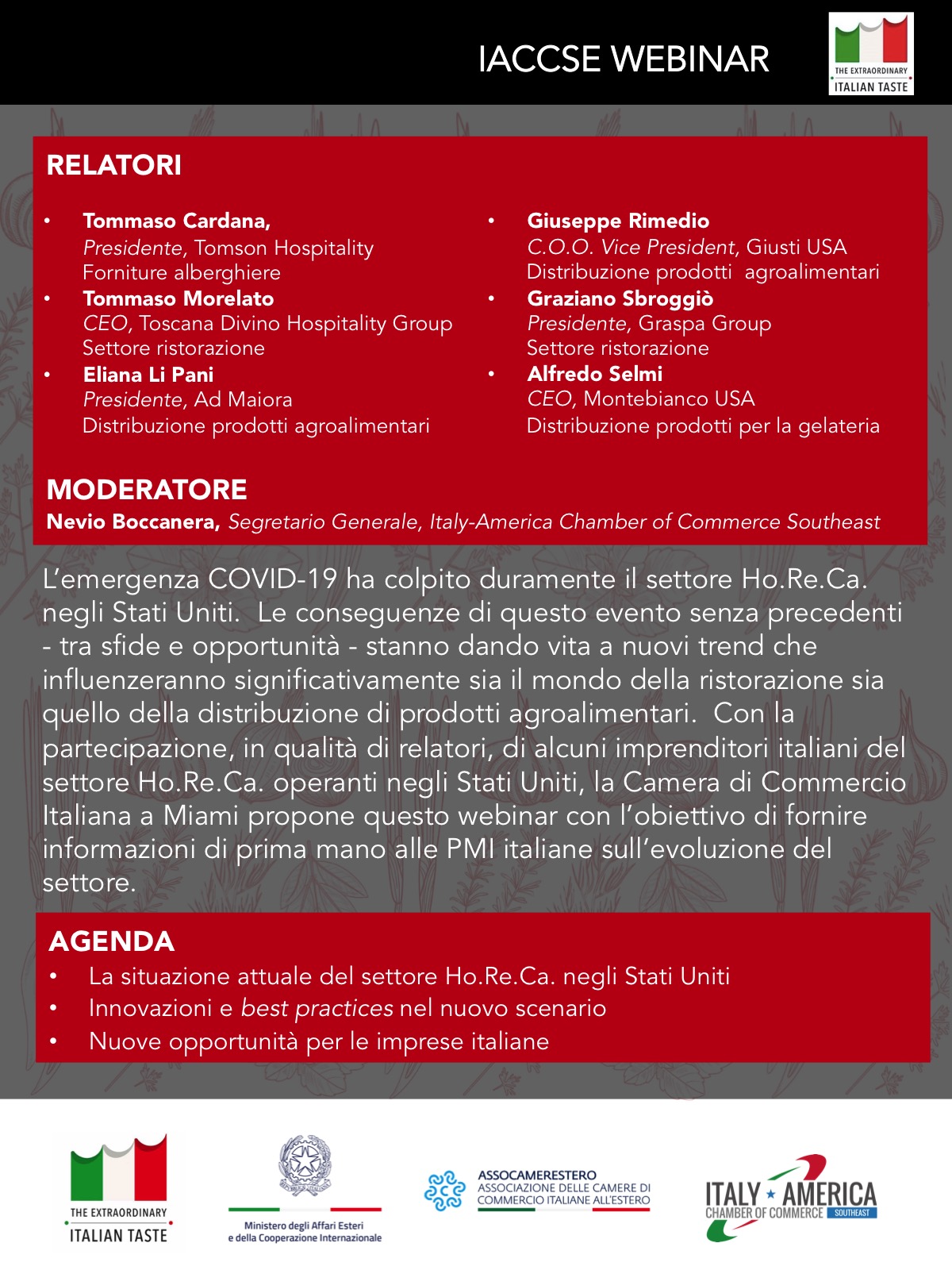
Happy 90th anniversary Pininfarina!




By Ontier
For some years now, there has been a lot of discussion about sustainable fashion, but it seems that more and more brands are finally joining in. But, what actually is sustainable fashion and what relationship does it have in an increasingly digitized world?
Sustainable fashion is one that respects the environment and society in all its phases: from conception, to production, through distribution to sale. This fashion proposal tries to work with less polluting raw materials, reduce production waste such as water and electricity costs, and produce durable pieces, stimulating conscious consumption. Furthermore, this model proposes a more humane production, without exploitation of labor and with a more equitable remuneration.
The fashion industry has been talking about sustainability for years, but there was a lack of measures to help companies to be sustainable. Nowadays, with technological advances, we will be able to close the gap between sustainable fashion and fast fashion/virtual/e-commerce. We have also begun to see a change in the attitude of governments, big corporations, and in the consumer’s minds (an awareness) towards sustainability. It is seen as something accessible, possible and needed.
In this area, Industry 4.0 will be able to bring numerous advantages to the fashion industry, thanks to new advances in technology and new production processes: less polluting and more durable materials can be created, production processes can be more effective by intelligently using the data collected from consumers, reducing use of raw materials, thus reducing not only costs but also the environment impact. In general terms, it is important that before implementing a digitization strategy, an analysis of all the legal aspects that may affect it is carried out.
Sustainable (or eco-sustainable) fashion fits perfectly into a broader concept of Society 5.0: a society characterized by caring for people and their well-being, by developing an ecosystem favorable to innovation and the development of new technologies. Digitization can further help accelerate all these sustainable goals, as they are also helpful in maintaining certain vital health standards which are key nowadays.
It is a challenging time but there are many opportunities ahead. And, as Susan Scafidi, an American lawyer and the first professor to offer a Fashion Law course, says, “where there is life, there is fashion.”
ONTIER has created a fashion and luxury department and a representative team from Rome, Madrid and Miami participated at the Miami Fashion Week last June, which was held virtually this year along with Univision. To see the complete speech of our team talking about sustainability and innovation, you can click on the following link: https://www.youtube.com/watch?v=lKeVZ86Zxjo
If you need more information about this or need assistance with any legal concerns, please do not hesitate to contact us at:
Partner
Christie García – chgarcia@ontier.net
Country Manager
Marta Corbí – mcorbi@ontier.net
By Salcedo Attorneys at Law P.A
The Office of the United States Trade Representative (USTR) is considering making some modifications to the extensive list of European products which were subject to duties in October 2019, as part of the trade controversy between the U.S. and the European Union. The controversy stems from alleged government aid from the European Union and certain states to the aircraft manufacturer Airbus.
In a notice published on the Federal Register on June 26, 2020 (the text is available at this link), the USTR invited comments from the public, i.e. individuals or interest groups, on certain revisions to the duties. These changes may involve the increase, up to a level of 100%, of the duties already imposed on goods listed in Annex I to the notice, which includes such staple Italian products as cheese, ham and cured meats.
Similar increases may occur for products listed in Annex II. Such products previously considered but are not currently subject to additional duties. Italian wine is among the products listed in Annex II. Finally, in Annex III, the USTR lists new products from France, Germany, Spain, and the United Kingdom which are now being considered for additional duties.
Comments addressed to the USTR may discuss: “Whether maintaining or imposing additional duties on specific products of one or more current or former EU member States would cause disproportionate economic harm to U.S. interests, including small or medium-size businesses and consumers.”
If you or your business wishes to submit your comments in connection with the existing or proposed duties, you can do so by visiting the following link.
Comments will be accepted until July 26, 2020.
The COVID-19 emergency strongly affected the Ho.Re.Ca. industry in the United States. The consequences of this unprecedented event – between challenges and opportunities – are giving rise to new trends that will have a great influence on the restaurant world and on the distribution of agri-food products.
Thanks to the participation as keynote speakers of Italian entrepreneurs operating in the United States, with this webinar the Italy-America Chamber of Commerce Southeast aimed to provide first-hand information on the evolution of the industry to Italian SMEs interested in the US market.
The webinar was organized within the frame of “The Extraordinary Italian Taste” campaign, promoted by the Italian Ministry of Foreign Affairs and focused on protecting the authenticity of Italian agri-food products abroad, as well as supporting Italian companies in approaching new markets.

Watch here the full video of the webinar:
For more information, please contact us at staff@iacc-miami.com